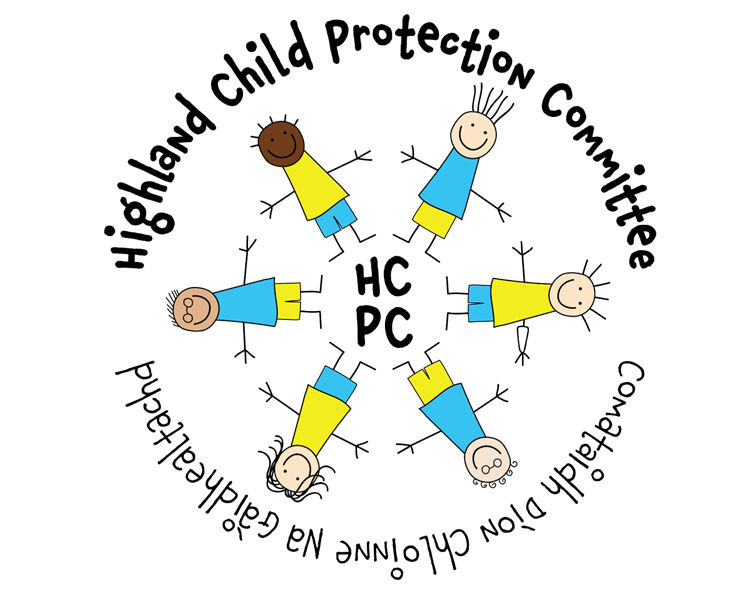Third Sector

The Third Sector is made up of various types of organisations with certain characteristics in common. They are non-governmental, value-driven and typically reinvest any profits in furthering their social, environmental or cultural objectives. The term encompasses voluntary and community organisations, charities, social enterprises, co‑operatives and mutual societies, both large and small. This is distinct from the responsibility that the Third Sector has when providing services on commission for and/or in lieu of services provided by and for local authorities under their statutory obligations.
The Third Sector provides a wide spectrum of services for children and young people, including nurseries, residential care, pre-school play groups, parenting and family support, youth work and other youth services, befriending, counselling, respite care, foster care, adoption, through-care and after-care, advocacy, helplines and education. Some services are provided substantially by volunteers, particularly in relation to youth work (e.g. Scouts Scotland and Guiding Scotland) and helplines (e.g. Childline). Parents can be supported to be effective advocates for other parents.
The Third Sector includes charities providing a range of specialised services for children and families. These often deploy both professional staff and volunteers. The Third Sector also provides crucial recovery services, for example, in relation to experiences of abuse, addiction and mental ill health. Some provide crucial support for children and adults in the early stages of protective processes. Voluntary organisations are often in an ideal position to engage with those children and families who require support for engagement with statutory services.
The Third Sector plays an essential role in providing, flexible and collaborative support for children and families for a wide range of reasons. Many voluntary organisations will have direct or indirect engagement with children, young people and parents, even if this is not their principal activity. Providers of services to adults – for example in relation to housing and tenancy support, mental health, disability, and drug and alcohol problems – may become concerned about children or adults within a family, without necessarily having seen the children. Commissioned and non-commissioned services should have organisational policies and protocols in relation to child protection. Anyone who has cause for concern about a child or adult at risk of harm should share information according to their organisation's local protocol. Within adult services, consideration should be given to the impact of the additional needs or potential risks relating to a significant person in the child's world.